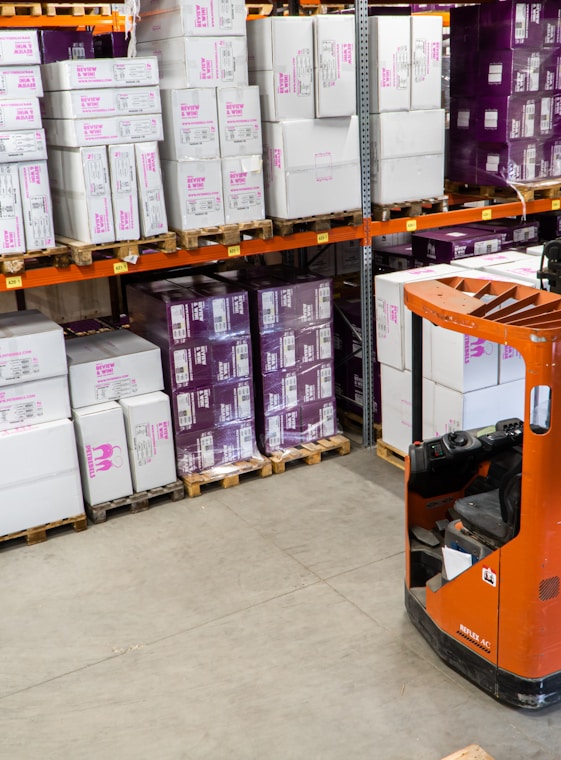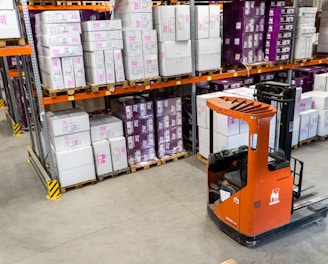Dropshipping
Dropshipping is a retail fulfillment method where a store doesn't keep the products it sells in stock. Instead, when a store sells a product, it purchases the item from a third party and has it shipped directly to the customer. As a result, the merchant never sees or handles the product.
How Dropshipping Works:
Customer Places an Order: The process begins when a customer places an order on the retailer's website.
Order Forwarded to Supplier: The retailer then forwards the order and shipment details to the dropshipping supplier, including the customer's shipping address.
Supplier Ships the Product: The supplier, who holds the inventory, then processes the order, packs the product, and ships it directly to the customer.
Tracking Information Shared: The supplier provides the tracking information to the retailer, who in turn shares it with the customer, enabling them to track the shipment.




Key Features of Dropshipping Service:
Low Startup Costs: Dropshipping eliminates the need for upfront investment in inventory, warehouse space, and fulfillment infrastructure, making it an attractive option for entrepreneurs with limited capital.
Flexibility: Dropshipping allows retailers to offer a wide range of products without the constraints of inventory management. Retailers can quickly add or remove products from their online store based on demand and trends.
Scalability: As the retailer's business grows, dropshipping can easily scale to accommodate increased sales volume without the need for additional infrastructure or resources.
Global Reach: Dropshipping enables retailers to access a global network of suppliers, allowing them to offer products from around the world to their customers without the logistical challenges of international shipping.
Focus on Marketing and Customer Service: With the operational aspects of order fulfillment handled by the dropshipping supplier, retailers can focus their time and resources on marketing efforts, customer acquisition, and providing exceptional customer service.
Benefits for Retailers:
Reduced Risk: Since retailers don't need to invest in inventory upfront, the risk of overstocking or unsold inventory is minimized.
Increased Profit Margins: With lower overhead costs and no inventory management expenses, retailers can enjoy higher profit margins compared to traditional retail models.
Time Efficiency: Dropshipping streamlines the order fulfillment process, freeing up time for retailers to concentrate on growing their business and building their brand.
